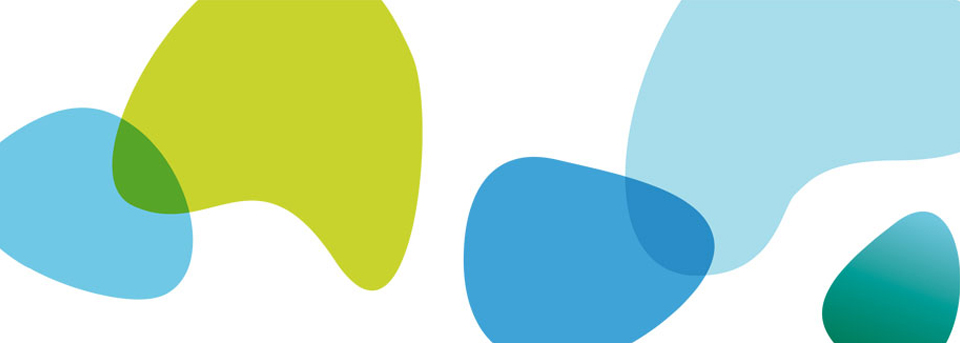Celebration of excellence in research in Benin
Posted on April 22, 2022 by Victorien Dougnon
Supporting excellence in the world of science is the leitmotiv of the National Academy of Sciences, Arts and Letters of Benin (ANSALB). On Thursday, 10 February 2022, a delegation of ANSALB visited the facilities of the Research Unit in Applied Microbiology and Pharmacology of Natural Substances (U.R.M.A.Pha), a team of young Beninese researchers who have written their names in gold letters in the world of higher education and scientific research. The objective of this visit was to better discover this unit which impacts the institutional landscape of research at the national and international level.

View of the Research Unit in Applied Microbiology and Pharmacology of Natural Substances, inaugurated on 15 October 2021 by the Minister of Higher Education and Scientific Research of Benin and the rectoral team of the University of Abomey-Calavi.
URMAPha, a pole of excellence at the University of Abomey-Calavi
Led by Dr. Victorien Dougnon (Senior Lecturer in Microbiology and Society Champion) and Dr. (MC) Jean Robert Klotoe (Associate Professor in Physiology-Pharmacology), URMAPha was created in 2017 as a Transfaculty Research Unit.
Administratively housed in the Applied Biology Research Laboratory (LARBA) of the Ecole Polytechnique d'Abomey-Calavi (EPAC), its vision is to be a national unit of excellence where scientists work together to find solutions to health and environmental problems of major importance in Benin, Africa and the world.
Administratively housed in the Applied Biology Research Laboratory (LARBA) of the EPAC, its vision is to be a national unit of excellence where scientists work together to find solutions to health and environmental problems of major importance in Benin, Africa and the world.
A young multidisciplinary team supported by experienced seniors
The URMAPha is a team of 34 researchers, mostly young, with a strong female representation, and of different ranks. Multidisciplinarity is one of the main strengths of the team, which is made up of microbiologists, pharmacologists, physiologists, immunologists, pharmacists, physicians, biochemists and toxicologists.
Remarkable scientific productivity focused on innovation for development
The URMAPha is positioned on two main research programmes: the fight against antimicrobial resistance and biocontaminants and the valorisation of medicinal plants. The scientific productivity is remarkable, with 124 publications in four years, and several innovations including SALM-MTA (an anti-salmonellosis phytomedicine, a very effective biopesticide against mosquito larvae), Profermas (an anti-male fertility phytomedicine) and hydroalcoholic solutions. Many other innovations are under development, reflecting the Unit's commitment to providing sustainable solutions to the needs of the population.

Improving the quality of training: another priority of the Unit
The URMAPha also gives priority to the development of quality training for development. This is what led it to initiate the Master of Molecular and Medical Microbiology at the Life and Earth Sciences Doctoral School. This training is currently at its fourth promotion. The training in Molecular and Medical Microbiology is a research Master's degree designed to meet the challenges of microbiology in the fields of health and the environment. It contributes to the acquisition of fundamental concepts and operational skills in the field of microorganism development, the design of new monitoring strategies and the fight against pathogens.
One of the pedagogical innovations of the Unit is the MOOC Microbe. Designed to promote microbiology to undergraduate students, it is a learning tool available online and on Android phones or tablets to learn theoretical and practical concepts of Microbiology. This innovation is the result of funding from the Agence Universitaire de la Francophonie, France.
Excellence, a shared value
The URMAPha adventure started in 2016, when Dr Victorien Dougnon, the leader of the Unit, was awarded a prestigious research project funded by the World Academy of Sciences (TWAS). The equipment acquired on this project constituted the first technical platform of the Unit. In order to keep up with the challenges, excellence has become an important value for all members of the Unit. In four years, nearly 70 awards, distinctions and research projects have been obtained. We can mention, among others:
- The Seedings Labs Project, aiming at providing the University of Abomey-Calavi with laboratory equipment.
- The "Projet de Montage de Cours en Ligne Ouverts et Massifs" of the Agence Universitaire de la Francophonie (AUF) for a Certification in Microbiology.
- The project ''Occurrence, sources and prevention of antimicrobial resistance in West Africa - following the flow of antimicrobial resistance (AMR) genes between humans, animals and environment''.
- The TWAS- Islamic Development Bank (IsDB) Project ''Potential severity of antimicrobial resistance in context of COVID-19 pandemic and phage-assisted bio-control: one health approach in Benin and Pakistan''.
- The L'Oréal-UNESCO Prize for Women in Science programme for young talents in sub-Saharan Africa.
- The Young Leaders of Benin programme (2020 and 2021 Editions).
- The Iso Lomso Fellowships 2021 for Early Career African Researchers, Stellenbosch Institute for Advanced Study (STIAS).
- The Best Young African Researcher Award granted by the Egyptian Academy of Science and Technology
- The Research and Innovation Support Program of the Economic Community of West African States (ECOWAS)
- The ''My thesis in 180 seconds'' competition (2017, 2019, 2021 editions).

Community impact: A priority for young researchers
URMAPha considers that community impact is also one of the requirements of the researcher. As such, it has conducted several community impact activities. It attracted more than 300 students and health professionals for the celebration of the World Sepsis Day. It has partnered with the Academy of Young Scientists of Benin (AJSB) within the framework of the "Let's Boot COVID" project to sensitize students at the University of Abomey-Calavi and in the colleges and high schools of the Abomey-Calavi Commune against COVID-19. Currently, through the project ''Laboratory testing (AMR and blood culturing) in Benin'' financed by Finland’s Ministry of Foreign Affairs, it is training laboratory professionals in Benin to contribute to the improvement of the quality of clinical laboratory diagnosis.

